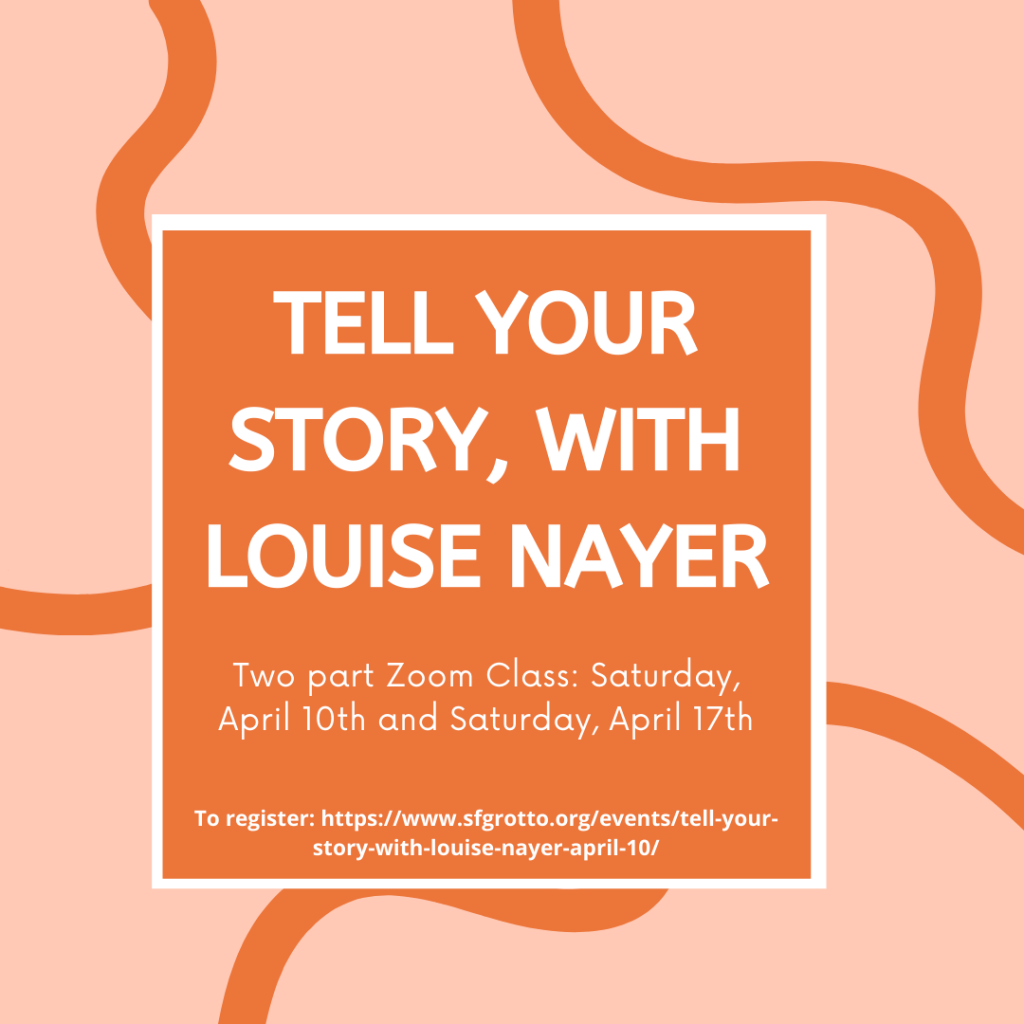 Some Thoughts on Flashbacks in Fiction
Some Thoughts on Flashbacks in Fiction
Let me begin by saying that I will never claim to be an expert in anything pertaining to narrative craft, only someone who enjoys reading and writing and has done a good deal of both.
With that disclaimer out of the way, I’d like to talk about an essential feature of fiction, one of the first devices that any beginning writer learns about: the flashback. In the fictionist’s (fictionista’s?) arsenal, flashbacks are possibly the most important weapon of a writer. Without flashbacks, a story is forced to mimic the limited trajectory of human experience: only moving forward into time. I’m sure there are great stories that don’t use any flashbacks, but I can’t imagine many of them are longer than a single scene, and even stories that don’t have obvious “he thought back to that distant day” (more on that later) transitions that mark out flashbacks often do flashback in subtler, briefer ways. Any dialogue that features characters speaking about prior events counts as a flashback, even the briefest memories that occur to characters are flashbacks. The reason we don’t always notice these is that when done right, flashbacks are unobtrusive.
A good flashback fluidly transposes us from one point in time to another: can seamlessly transport us from a disappointing family dinner of skinless chicken and peas and mashed potatoes (not touching each other, of course) to the chaff-clogged grain silo in Kansas where the character shared her first kiss with a corn-fed boy who could best be described as “Ned Flanders-hot.” Now, this is not to say that obvious flashbacks can’t be good, but I’d say the odds of a flashback being successful decreases the more clunky and noisy its execution.
Ways that flashbacks can be “noisy” include the following:
-Obvious transitional phrases like “that reminded him” or “she was transported back to the time”
-Ending flashbacks with some variation of the awful “he/she was shaken from her memories by a sudden noise” maneuver
I’m not saying I’ve never done these things in my own writing, but I try to avoid them if I can, and when I see them in fiction I tend to grouse a bit.
I don’t want you to think that all “obvious” flashbacks are bad. One of my favorite examples of a flashback comes in the opening sentence of my favorite novel, One Hundred Years of Solitude by Gabriel Garcia-Marquez:
“Many years later, as he faced the firing squad, Colonel Aureliano Buendía was to remember that distant afternoon when his father took him to discover ice.”
This is not only a flashback but a flashforward, seamlessly transporting us between two—possibly three—time periods and simultaneously “spoiling” an event that comes later in the novel without actually telling us anything important (spoiler: the Colonel doesn’t die from the firing squad but does die later on from old age). This flashback derives its elegance from the beauty of the language and also the striking juxtaposition between a soldier facing a firing squad and him as a child experiencing a formative moment with his father.
Pet Peeves with Flashbacks
I have two main pet peeves when it comes to writing flashbacks in addition to those already covered above.
First, and perhaps most aggravating, is the use of dreams to convey flashbacks. This is an overused trope in many kinds of fiction, and even when it’s done well it annoys me. News flash: people don’t dream in complete memories, or at least no one I know does, and I’d question diet and sleeping habits of anyone who does. Dreams are not perfect portals into memory, they are more suggestive and elusive than that, and their place in fiction shouldn’t be as mere avenues of flashbacks when there are more straightforward ways to show us characters’ memories. An example of a good use of dream as flashback comes from Fyodor Dostoevsky’s Crime and Punishment, where in a dream Raskolnikov recalls a moment from childhood when a horse collapsed in front of him and an entire street full of people began to beat it in an attempt to get it moving again. The violence of the episode is likely embellished and exaggerated by the dream, but as a memory it shows us Raskolnikov’s empathy.
The second is a phenomenon I mostly see employed in genre fiction (fantasy, science fiction, the odd detective story) where writers use italics to render flashbacks. An example of this comes from one of Jim Butcher’s (normally an excellent prose stylist) Codex Alera fantasy series, where he rendered a multi-page scene all in italics simply because it took place in the past, separate from the main timeline of narrative action. There are a number of reasons why this is bad and wrong, but the foremost reason is that reading an entire paragraph or page in italics can be murder on tired eyes, and that using italics for an entire passage misses the point of italics: that they are for emphasis. The other chief reason is that I suspect the use of italics to denote a flashback says two things about the author, neither of which are particularly good. Either the author lacks confidence in their own ability to communicate to their readers that they’re reading a flashback, or the author thinks the reader is an idiot.
And of course, we never want to think our readers are idiots–if you approach your writing that way, you’ve already failed.

 Some Thoughts on Flashbacks in Fiction
Some Thoughts on Flashbacks in Fiction
